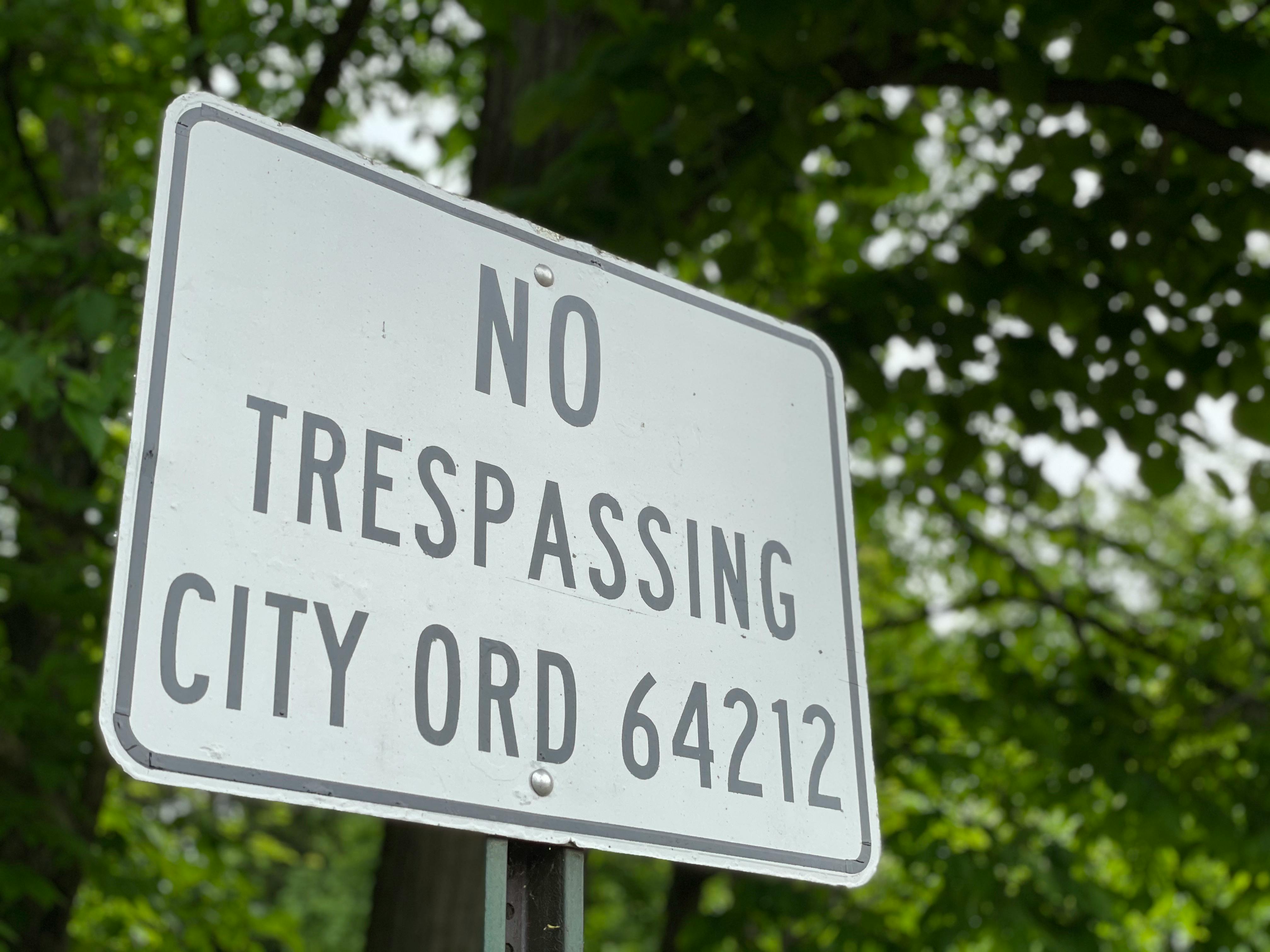
The Next Forum: Escalation to the Michigan Court of Appeals
With the local judicial ladder concluded, the property owners and the Park Township Neighbors group now face a critical juncture: Is it worth the financial and logistical commitment to continue the fight?
Review Standards at the Higher Appellate Level. Find out more about Park Township short-term rental ban appeal.
The explicit next step is to appeal Judge Hulsing’s November ruling to the Michigan Court of Appeals. This higher court will not typically re-hear testimony or re-weigh facts the same way a trial court does. Instead, the appellate review will focus on the *legal reasoning* applied by the Circuit Court. Specifically, they will examine:
- Whether Judge Hulsing erred in affirming the ZBA’s 1974 ordinance interpretation.
- Whether the Circuit Court correctly applied the law regarding the doctrine of equitable estoppel in an administrative appeal context.. Find out more about Park Township short-term rental ban appeal guide.
- For Municipalities: A final, unfavorable ruling for the property owners would strongly embolden other local governments to aggressively enforce long-dormant zoning rules, solidifying the precedent that a municipality’s right to define residential use can trump decades of informal allowance.. Find out more about Park Township short-term rental ban appeal strategies.
- For Property Investors: Conversely, a successful appeal establishing a strong precedent for estoppel based on historical acquiescence could create a powerful shield for existing STR operators in jurisdictions facing similar crackdowns. This case is shaping the future regulatory landscape of tourism-dependent residential zones.
- Zoning Text is King: The ZBA and Court prioritized the language of the 1974 ordinance over the informal practices that followed.
- Estoppel is a High Bar: Proving estoppel against a municipality requires clear, positive acts of inducement, not just a “casual private advice” or simple non-enforcement.
- Watch the Appeals Court: The next ruling from the Michigan Court of Appeals will be crucial for setting precedent for all resort areas in the state facing similar regulatory questions.
In Michigan zoning appeals, the appellate court generally reviews a Circuit Court’s factual findings for “clear error” but affords less deference to the ZBA’s determinations of pure law. The Court of Appeals will look to established standards, ensuring the decision was “authorized by law” and supported by “competent, material and substantial evidence on the record.”
For property owners, this means the focus must now shift from personal hardship testimony—which was powerful at the ZBA level—to finding a clear legal error in the judge’s application of Michigan zoning statutes or case law concerning estoppel.. Find out more about Park Township short-term rental ban appeal tips.
Broader Ramifications for Resort Area Zoning
This Park Township case isn’t happening in a vacuum. It is being watched throughout West Michigan and other resort zones where the popularity of STRs clashes with residential character zoning.
Conclusion: Navigating the Gray Area Between Law and History. Find out more about Park Township short-term rental ban appeal overview.
The November 4, 2025, Circuit Court ruling in the Park Township case delivered a victory for strict adherence to the letter of zoning text over what the short-term rental advocates believed was a well-established, historical reality. Judge Hulsing’s decision confirmed the administrative body’s reading: once a use is categorized as commercial and confined to a commercial zone in a specific ordinance year, it stays there unless legally changed otherwise.
The legal fight highlights the fundamental, evolving tension in municipal law: property rights versus local control, and historical practice versus written code. The coming appeal to the Michigan Court of Appeals will determine whether the judiciary will create an exception for reliance on past governmental silence, or whether it will uphold the notion that municipal enforcement discretion, even if applied unevenly for decades, remains fundamentally intact. The real lesson here is that the interpretation of zoning law—especially in fast-changing areas like vacation rentals—is rarely final until the highest state court speaks.
Key Takeaways & Actionable Next Steps:. Find out more about Ottawa County Circuit Court STR ruling enforcement definition guide.
What do you see as the most compelling part of the property owners’ estoppel argument—the 50 years of silence or the 2024 legislative inconsistency? Share your thoughts in the comments below, as this story is far from over. For more on the legal underpinnings of local governance, see our continuing coverage on municipal zoning ordinances and the complexities of applying equitable doctrines in administrative law.
